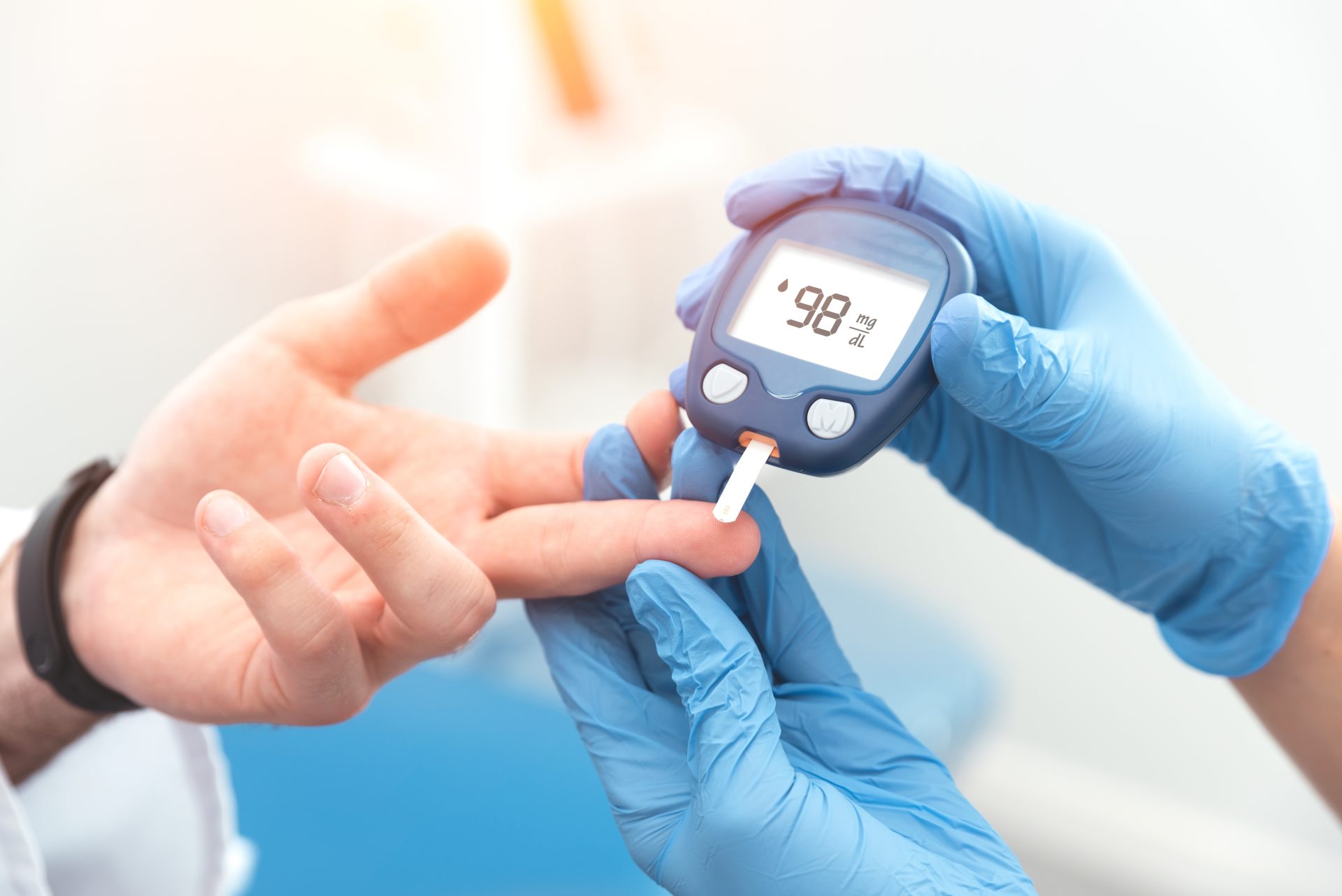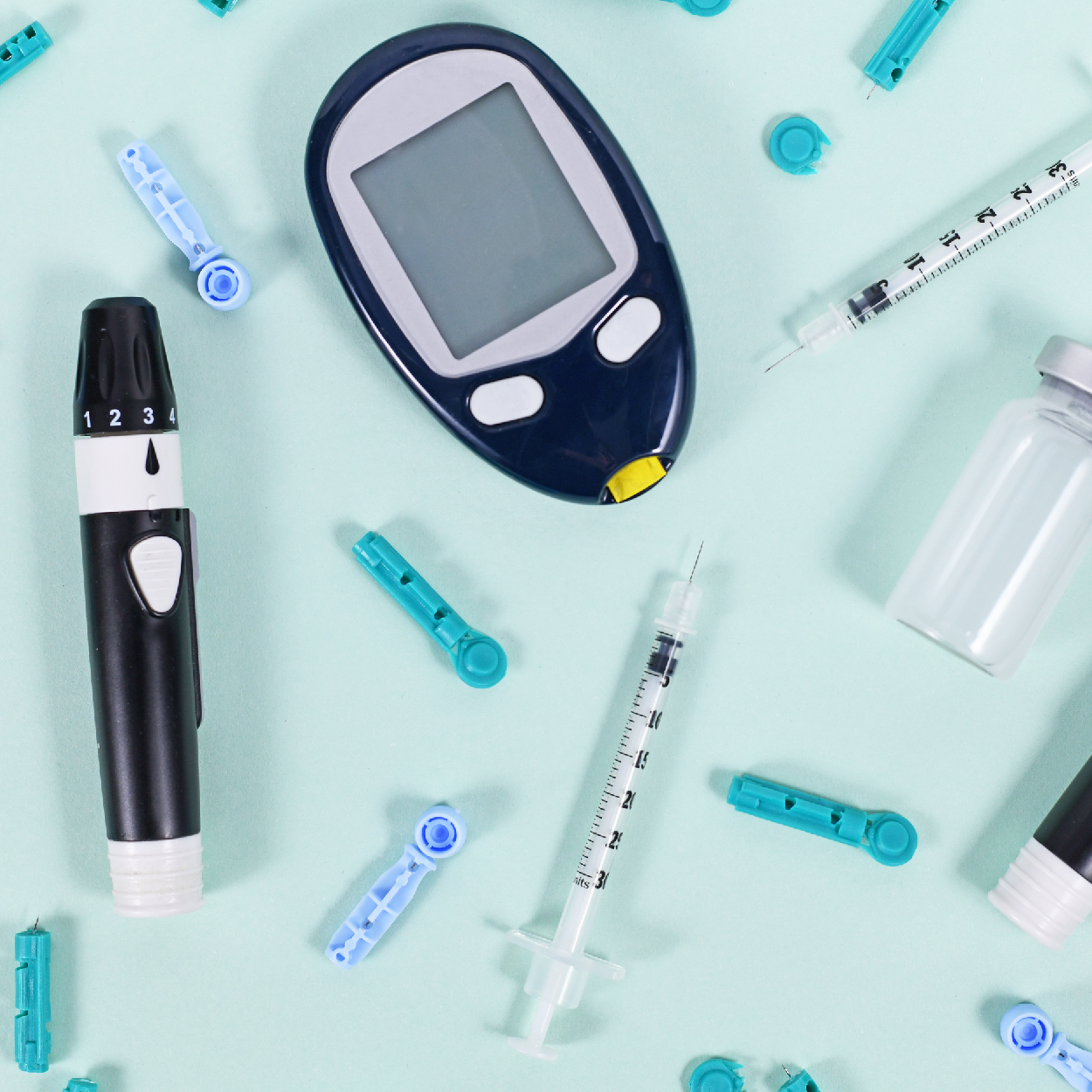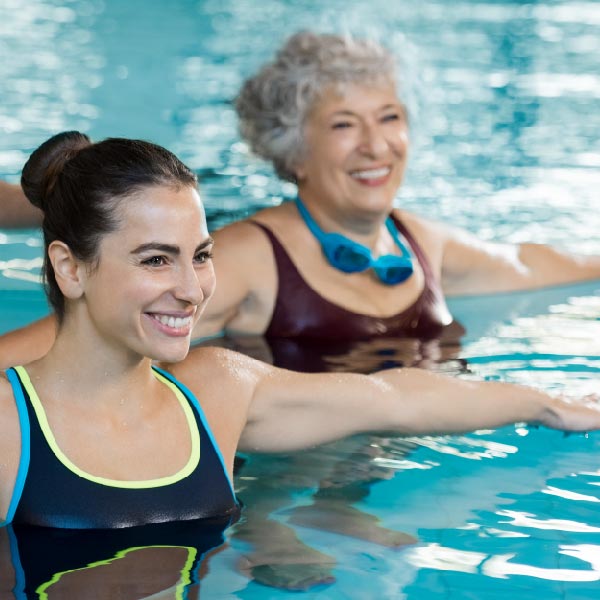DC.net Interview: T1 Diabetes Never Stopped NHL Legend Bobby Clarke
Interview by Mike Boyle
Philadelphia Flyers legend and National Hockey League (NHL) Hall of Fame center Bob “Bobby” Clarke, who was drafted by the club in 1969 and led the “Broad Street Bullies” to two Stanley Cup Championships in the mid-1970s, was first diagnosed with type 1 diabetes when he was 13-years-old.
Never letting his diagnosis rule the rest of his life, Clarke subscribes to – and lives by – the theory that he was not a diabetic athlete; rather he was a hockey player who happened to have diabetes.
Enshrined into the NHL Hall of Fame in 1987 and now a Senior Vice President in the Flyers organization (following two stints as the club’s General Manager), Clarke recently spent a few minutes speaking with DiabetesCare.net about dealing with his diabetes diagnosis in his youth, coping with the disease as an adult and professional athlete, and his advice for any young person who may one day be faced with a similar draw of the cards.
At what age were you diagnosed with type 1 diabetes and what led you to being diagnosed?
I was about 13-years-old when I was diagnosed. My symptoms were pretty much the same that other people get: the weight lost, the thirst, the constant urination, plus I was hungry all the time, yet losing weight. My mom took me to the doctor and I was diagnosed right away.
How did your life change after your diagnosis?
It was not a burden for me; I wasn`t afraid of needles. I think the burden was more on my mother. That was a time when there was only one type of insulin and the needles and syringes needed to be boiled. Food, of course, had to be measured too, so it was all those types of things that put an extra strain on my mother. But as far as I was concerned, if I was going to play hockey and travel, I had to learn how to recognize sizes and portions of food more so than calories.
Did kids treat you differently because you had diabetes?
I never had problems with other kids treating me differently; I was having problems with myself. I was embarrassed because I was different and embarrassed because I had to take a needle every day. I never went out of my way to make my diabetes known to my friends.
At 19, you were the best amateur hockey player in your native Canada and were picked 17th in the 1969 NHL draft by the Flyers. Did the team have to do anything special to help you with your diabetes?
For me, it wasn`t the team`s responsibility; it was my responsibility. The Flyers provided the best doctors for me, and anything I wanted, but in the end it was up to me to making sure I had everything I needed to manage my diabetes. I never felt it was up to the team to take care of me.
I recently saw you in a local Philadelphia TV interview say that you never looked at yourself – and didn`t like being portrayed – as a “diabetic athlete.” Instead, you thought it was much more correct to say you were “a hockey player who happened to have diabetes.”
It used to really make me mad when I would hear me described as “the diabetic hockey player.” If a guy tears up his knee and comes back and plays hockey they don`t call him the “torn-up knee hockey player.” And if a he separates his shoulder they don`t call him the “shoulder-separated hockey player.” I`m a hockey player that just happens to have diabetes…that`s all! Judge me how I play hockey; don`t judge me by my having diabetes. To this day I know I`m right on that point.
How has managing the disease changed for you over the years?
The advancements are so dramatic. Back when I was first diagnosed, you had to urinate on a small stick to tell you if your blood sugar was up. But even if it was up you didn`t have the insulin to take it back down. That test would just alert you that you possibly needed to eat a little less the next day. Nowadays, thanks to technology being what it is, people with diabetes can easily check their blood sugar and if it`s up a little they can bring it down right away. For me, it is a lot easier these days to keep my sugars in the ranges they are supposed to be in. There`s still work to do, but for me it`s the only life I know. And I also know the worries that come with the disease – the eyes, the organs, etc. I just know that if you do your best to take care of your diabetes then you have a better chance of being successful and living a decent lifestyle.
What advice do you have for a young person reading this who has recently been diagnosed with diabetes?
What my parents and the doctor did – and I believe it was intentional – was let me take care of myself. The doctors and the parents have got to teach the children how to take care of themselves; it`s the only way you can have any kind of life. I don`t want diabetes ruling my life. I want to rule diabetes so I can have a good life.




